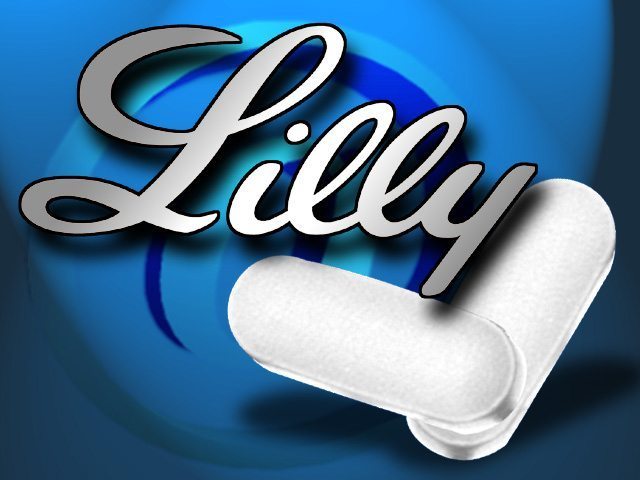
A trial monitoring committee noted that Eli Lilly and Co (NYSE:LLY) abemaciclib for breast cancer had not met its goal for efficacy yet, and trials should continue without modification through the first half of 2017. This decision is a blow to Eli Lilly, which has been hoping that the drug would perform well enough to stop trials at an early stage, as had happened last year with the Pfizer Inc. (NYSE:PFE) Ibrance trial, PALOMA3, and the Novartis AG (NYSE:NVS) ribociclib, whose MONALEESA-2 study was discontinued on an interim analysis.
After the decision by the committee, Lilly noted that it would continue a late-stage trial of its experimental breast cancer drug with a widely used treatment, despite the fact that an independent panel had determined that the combination therapy did not meet its interim effectiveness goal.
Abemaciclib combo data will be delayed until next year, meaning that Eli Lilly will not be able to use the data for an FDA filing by the fourth quarter of 2016 as it had expected. This delay could, in turn, postpone a launch to 2018. Pfizer’s Ibrance, which won a speedy FDA approval in February 2015, will continue to enjoy an unsaturated market. The drug is already performing well, generating $514 million in the second quarter, beating analyst estimates.
Meanwhile, Novartis’s CDK 4/6 is also likely to beat abemaciclib to the market. Just last week LEE011 won a breakthrough designation from the FDA for first-line use along Femara, which offers a speedier route to approval. Ibrance will not defend its market share against the two rivals, probably until 2018.
Sally Church, a writer who covers the oncology field, noted that Eli Lilly’s drug would be the fourth or fifth line with around 20% approximately comparable to other drugs in the same situation.




